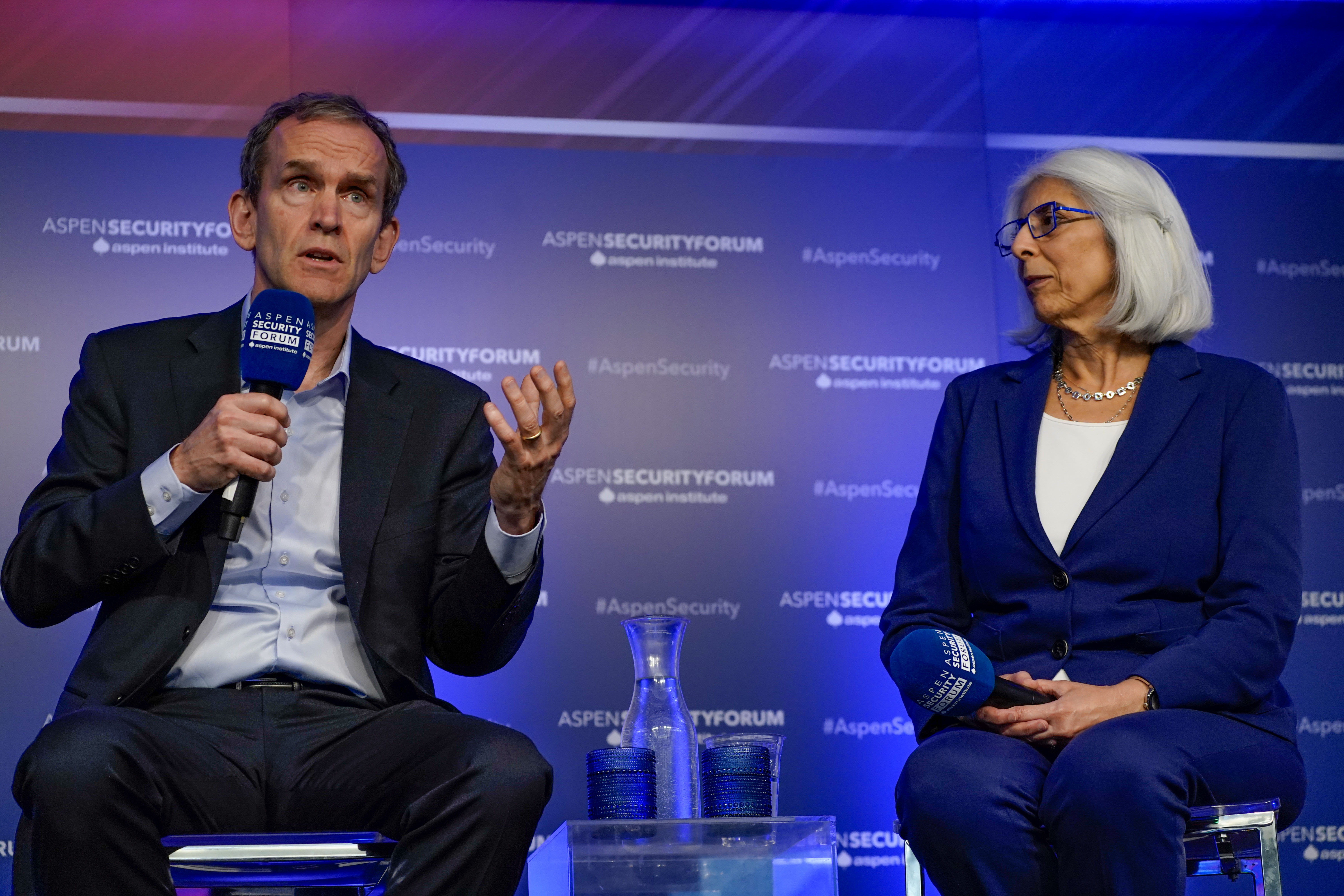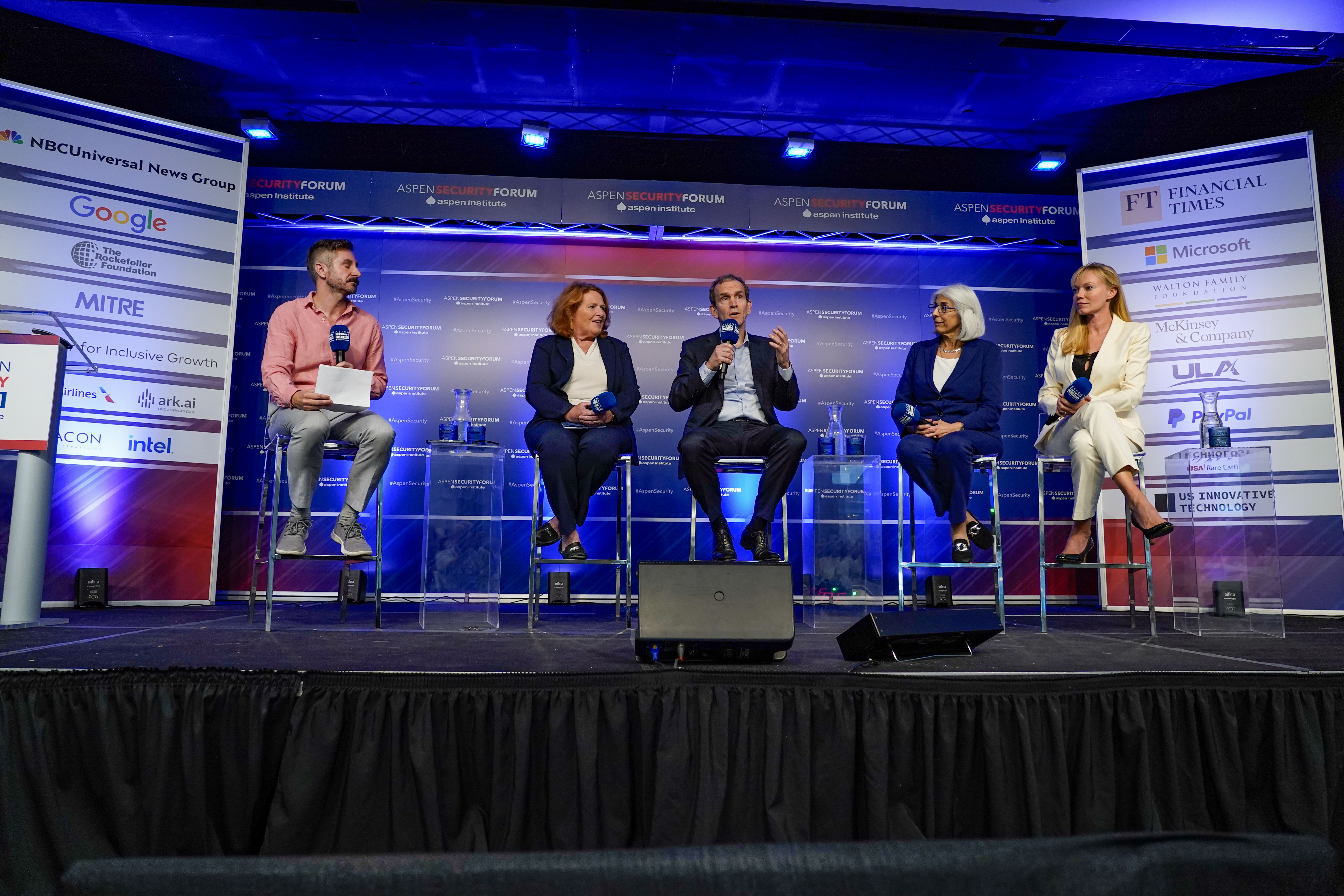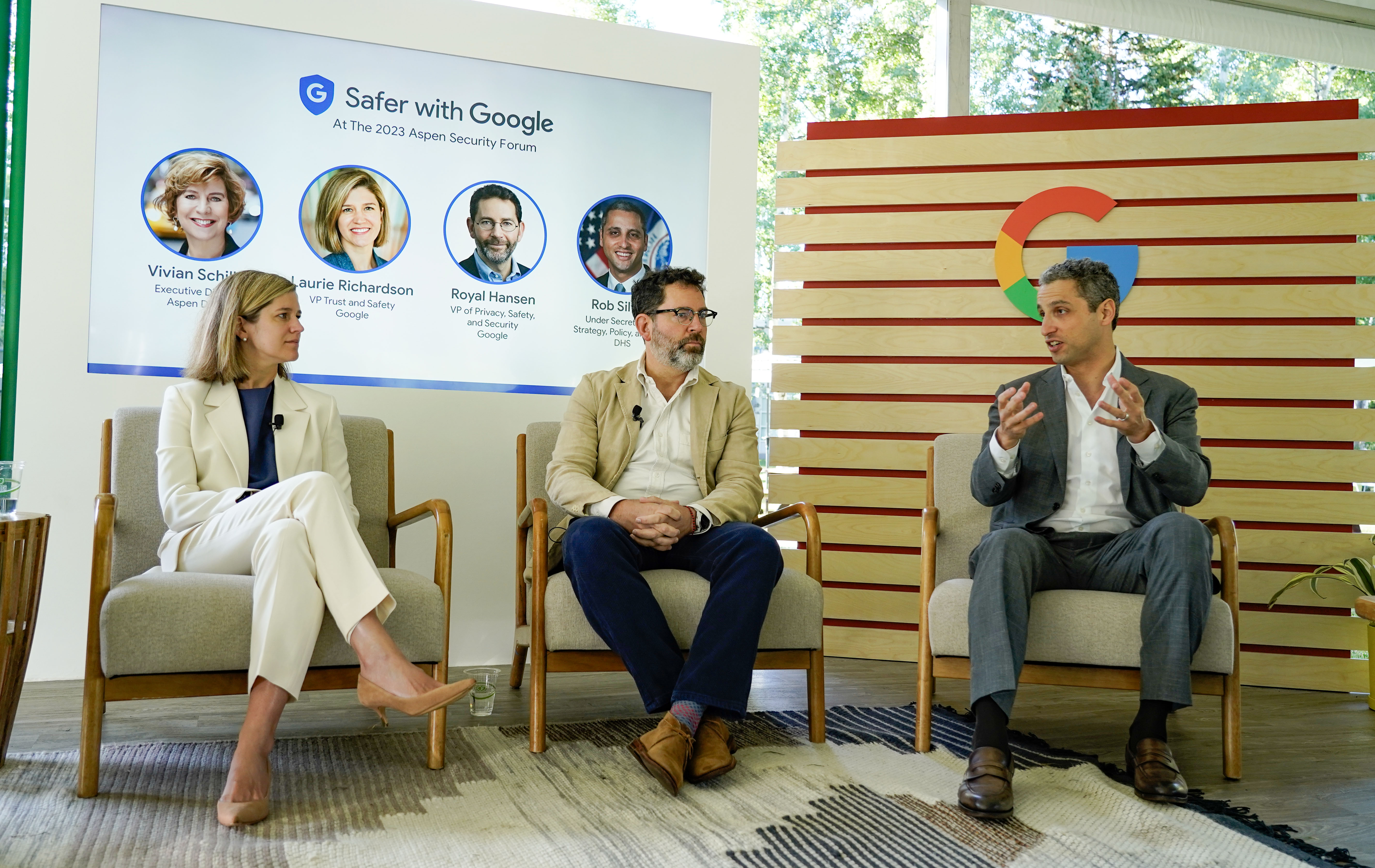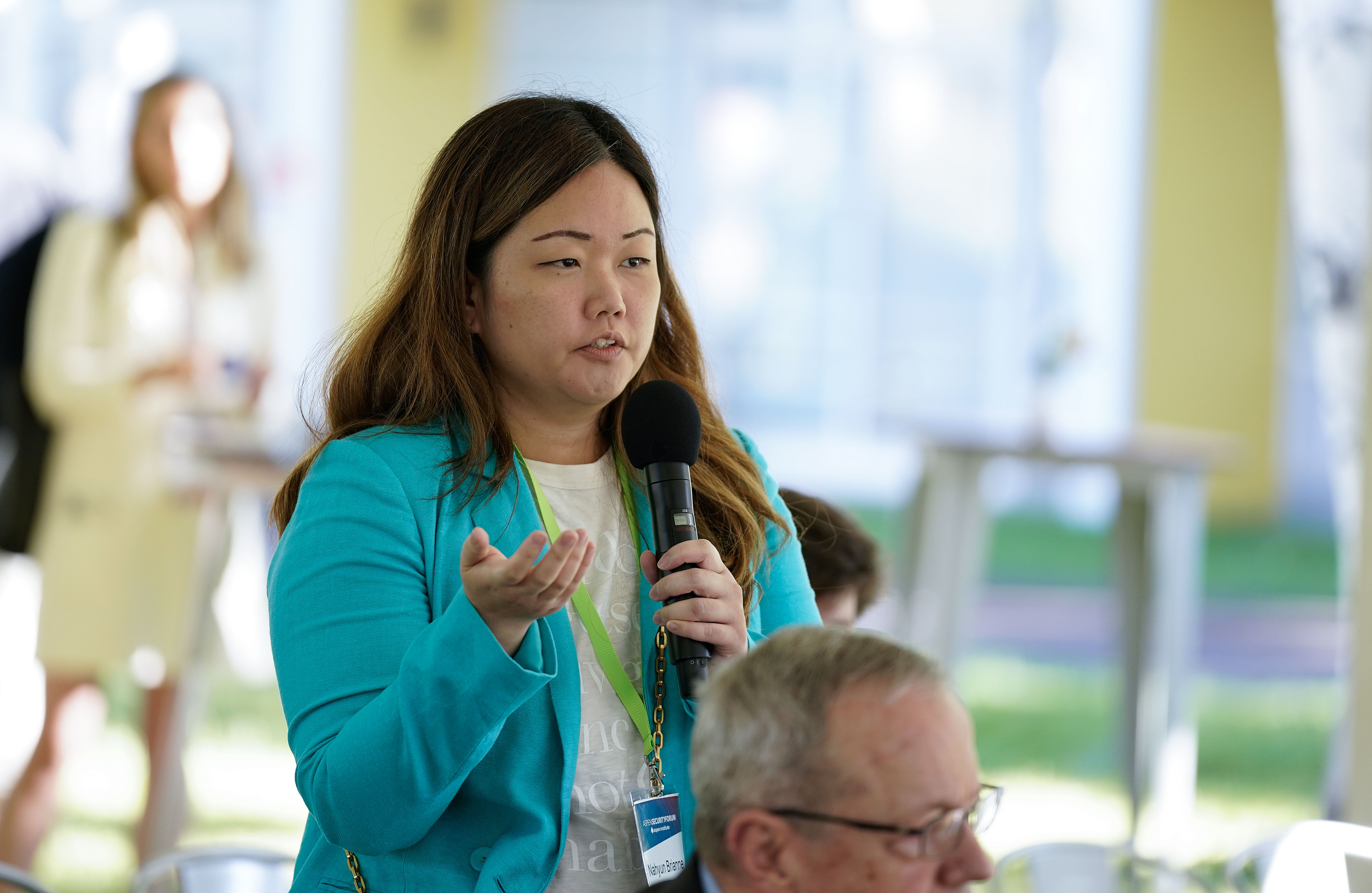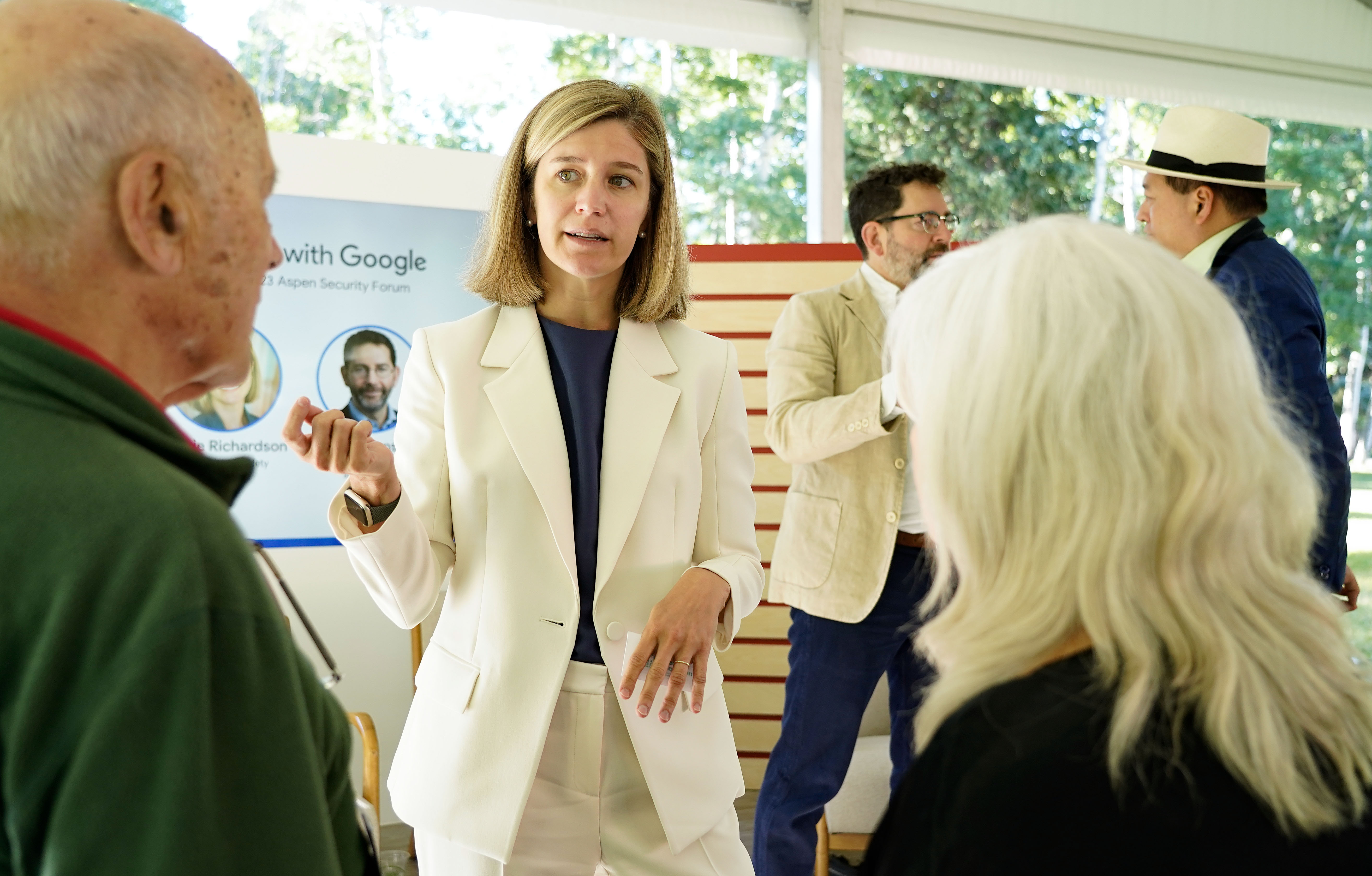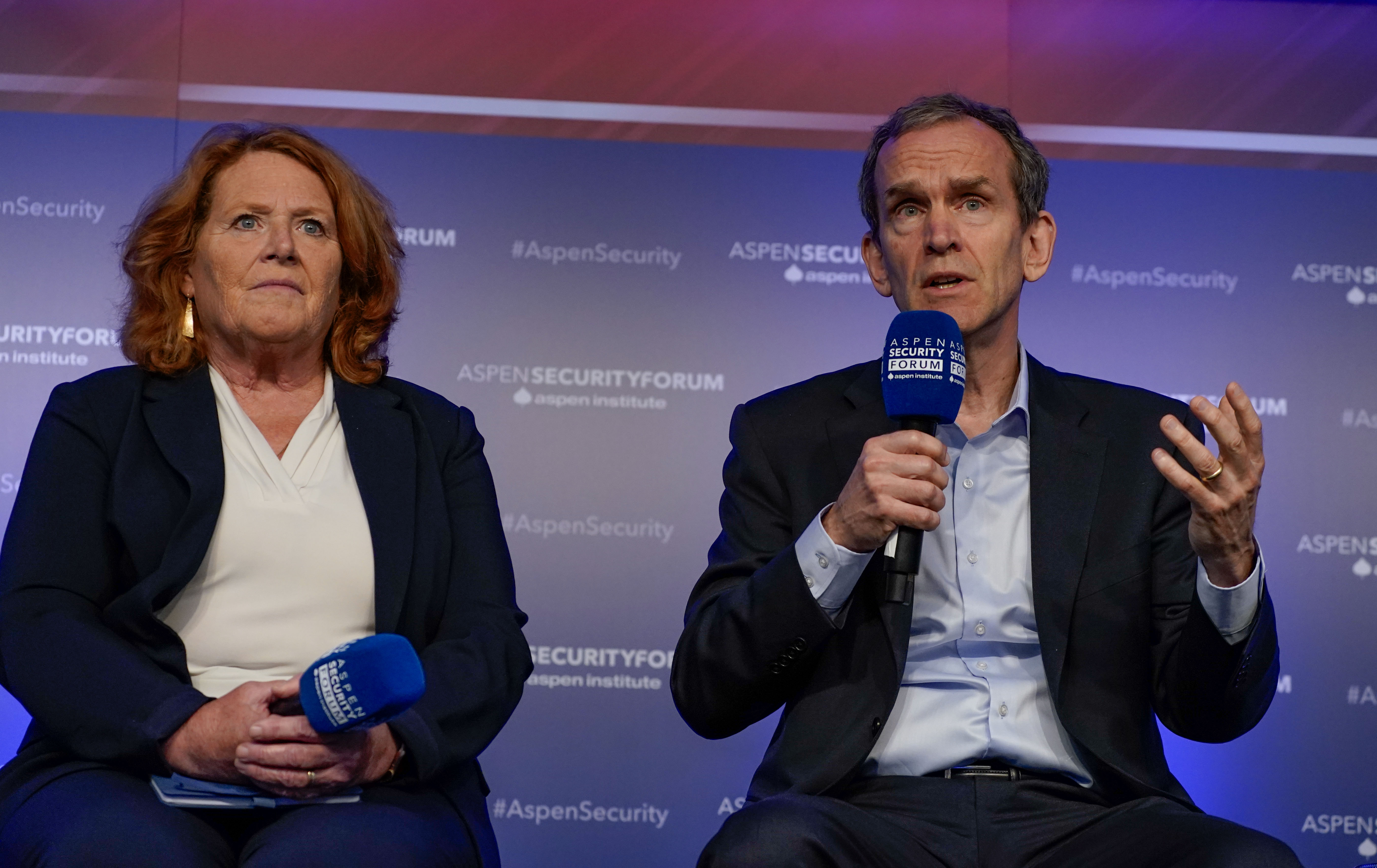Safety and security offer some of the most exciting, transformational applications of AI.
Royal Hansen, Google’s VP of Security, pointed out that security analysts at Google have already used AI to streamline manual aspects of their jobs, which has helped increase their efficiency. Likewise, Laurie Richardson, Google’s VP of Trust and Safety, pointed to how AI has helped Google keep users safe from spam and malware.
Rob Silvers, Under Secretary of the Office for Strategy, Policy and Planning at the Department of Homeland Security, also underscored the importance of collaborating when it comes to AI and security. For example, the Cyber Safety Review board is a joint effort where public and private partners (including Google) conduct after-action reviews of the most significant cyber incidents in the United States and then publish recommendations to the broader community.

